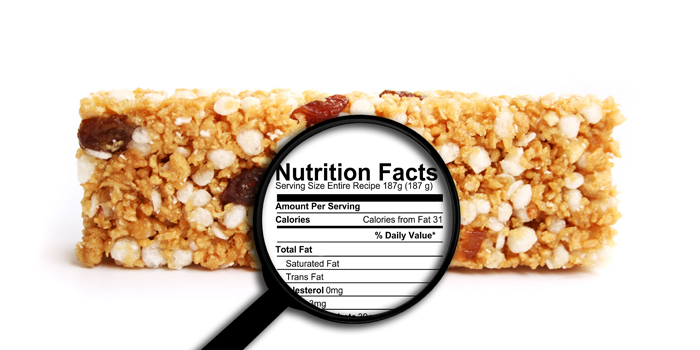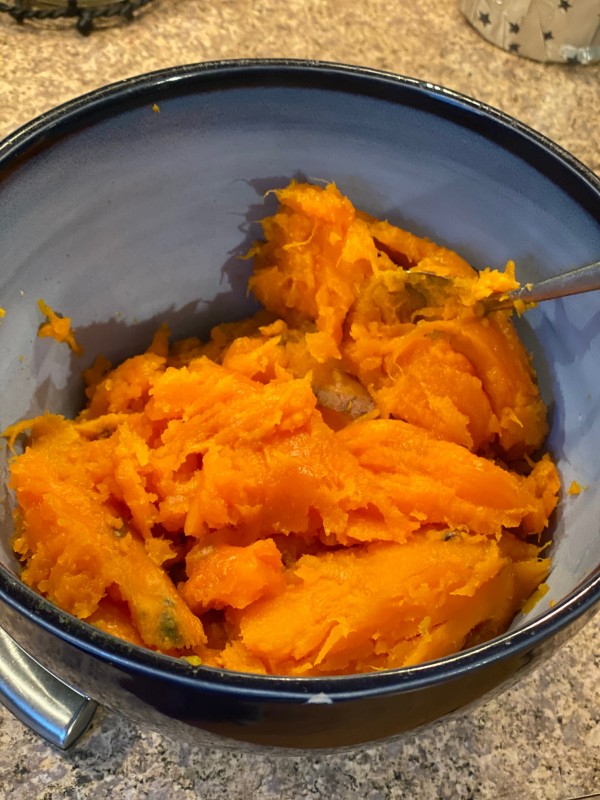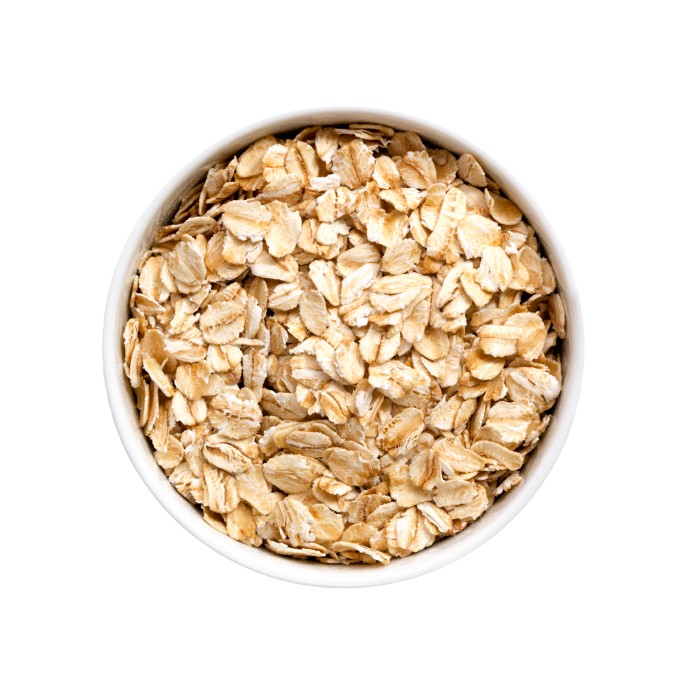
I was reading an article the other day and it mentioned that food labels can be off as much as 20-25%.
Think about that for a second. The tasty granola bar you eat every morning that says it has 150 calories could have as low as 115 calories, or as high as 187 calories. That's a pretty big difference!!
Now now, before we go getting our singlet in a bunch, we need to look at the entire context of things. Not all food labels are off, some may be minutely off, and others a lot. Of course the label doesn't say, "Please add 15% to all our products for more accurate calories."
So how do we know? We don't.
When I first begin coaching a client, I ask for a 3 day food log. Most are pretty honest and I think some leave out a few details. Taking the information I have, their habits, choices, etc, we work through some appropriate changes.
About half are happy to jump right in and others don’t make it 24 hours before telling me they make 8 substitutions before the day was even over.
“Give it 2 weeks,” is generally my response. Why? Because I want everyone to eat the same foods and feel like a slave to their plan?
Of course not!! It’s because the strategies we implemented replaced the processed foods - even if they are “healthy” - for whole foods (things that live and grow). Generally we know that a potato is a potato and it contains X amount of calories and carbs. But that super fit granola bar you eat for breakfast? We aren't sure.

The main reason I want consistent foods for a couple weeks is to a) see how they respond to quality foods and b) to create consistency in their calorie level. Even though they may track macros and food labels, if over 50% of their food is packaged, then we are most likely going to be off in some capacity. (For the record, I have yet to have a client say, "Hey, all those whole foods you're having me eat have made me feel worse!")
Now, if we're being really honest, my main goal is to find strategies that my clients can stick to. If eating 6 prepped meals a day isn't doable (work, schedule, etc), then it will never work. Maybe we do implement some bars, shakes, packaged items to fill some gaps. I still like consistency for at least 2 weeks.
And here's why....
By having consistent food choices, it makes it easier to adjust up or down. So you were eating 200g of potatoes every meal? Cool, now let’s go 150g potatoes. Even if they've been having the same Clif bar every day for a snack, it still gives me consistency of calories and macros. If you’re unable to be consistent and you don’t make progress, how can we know if the issues lies in overall calories, macro breakdown, food choices, mislabeled food, poor digestion/absorption or outside variables like stress and sleep?

So I ask them for 2 weeks of CONSISTENCY... then we can start to find patterns, problems, habits and other trends. After about a month, we have noticed some pretty good trends and they now understand their bodies a little better.
They say knowledge is power. But as my friend Martin Rooney says, "Knowledge + Action is Power." Once you know, then you can take action. That's where the real power lies.








